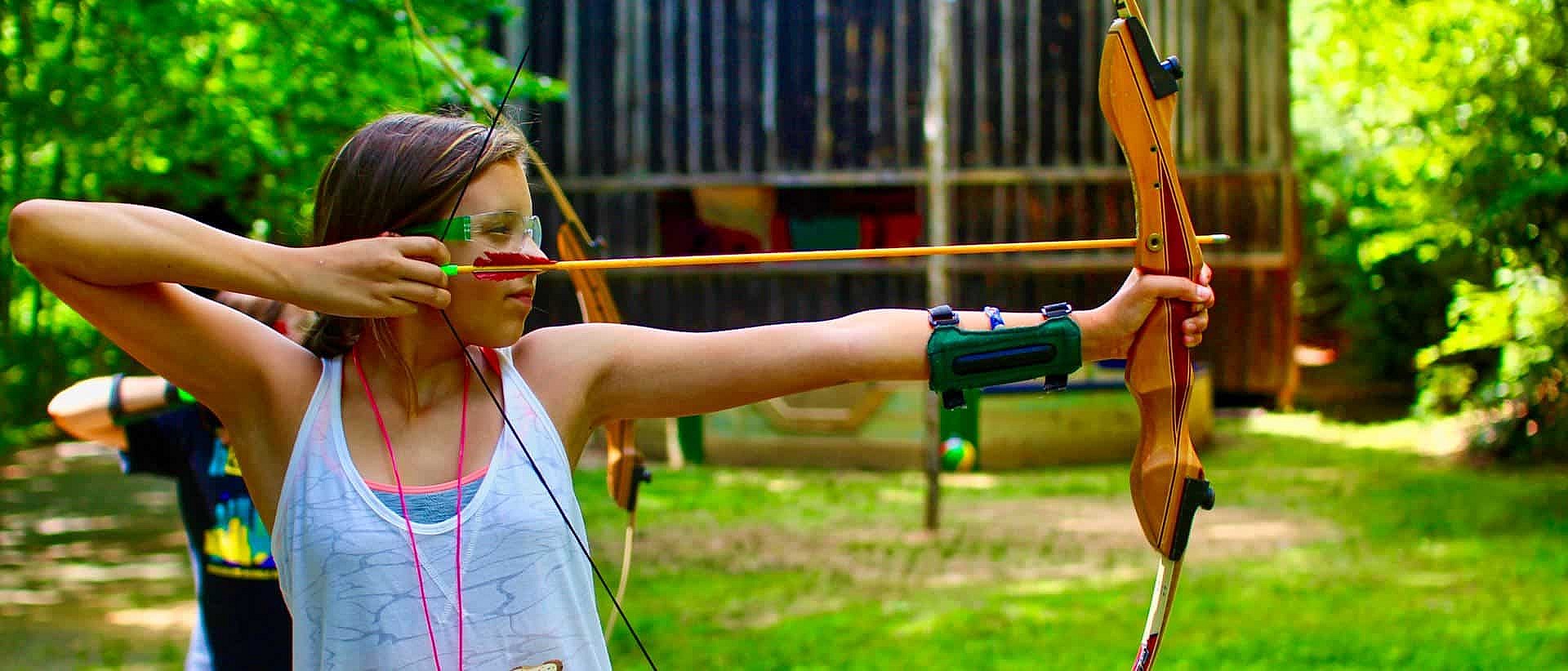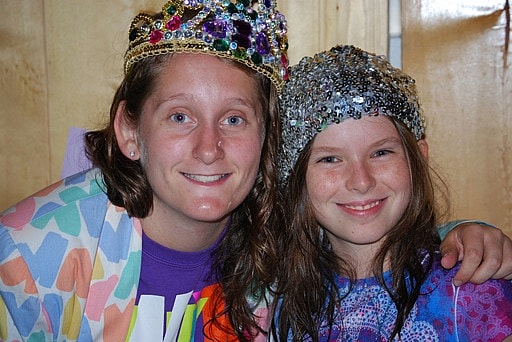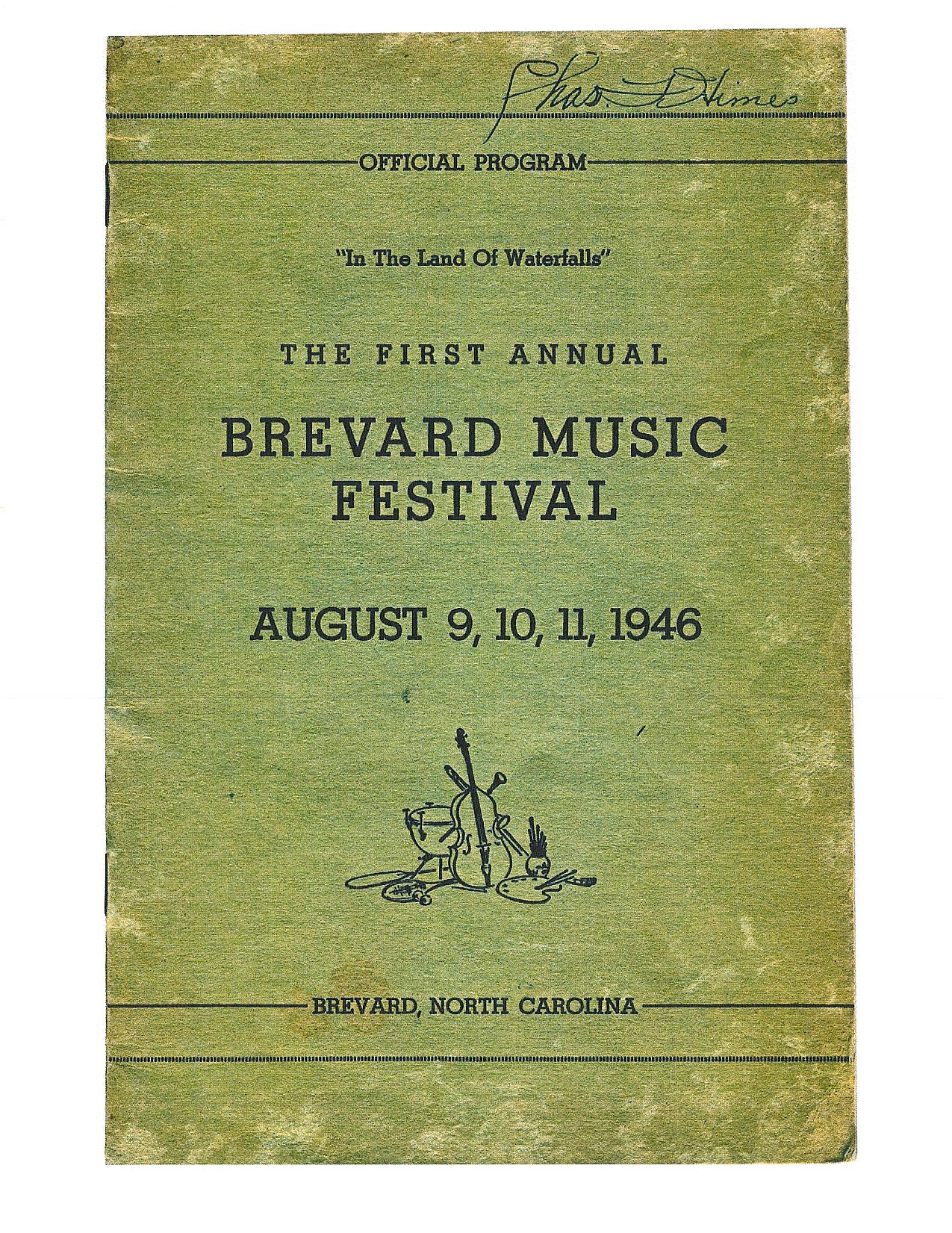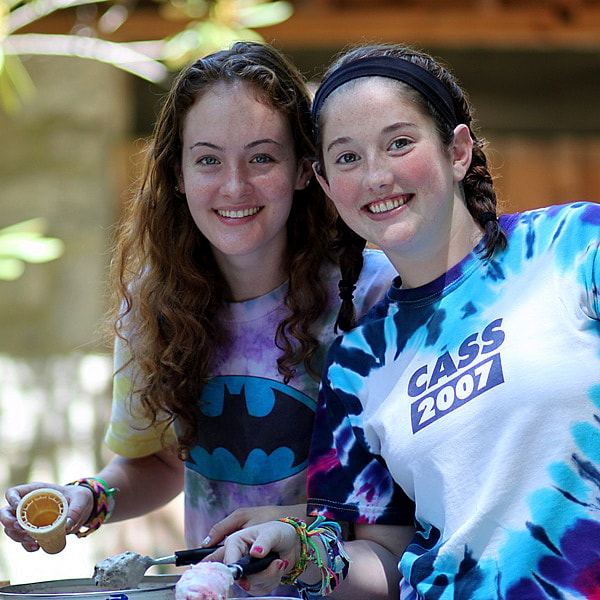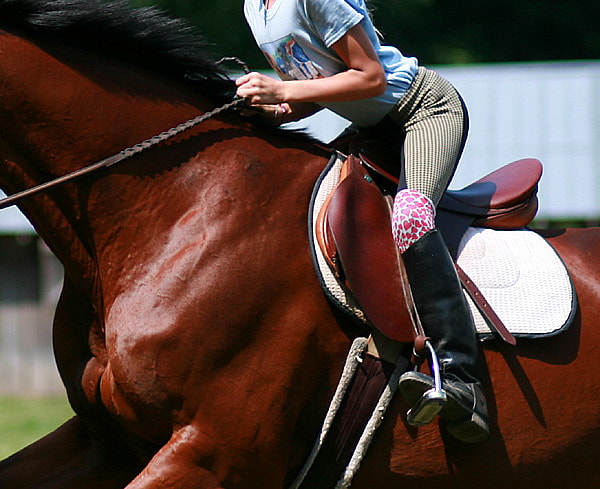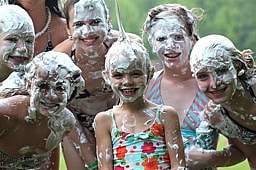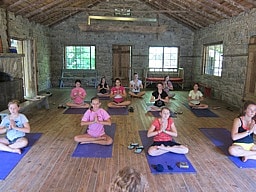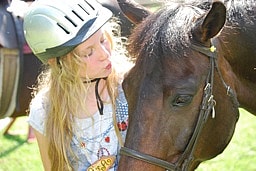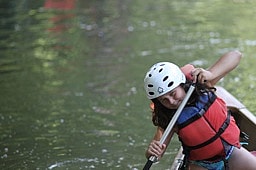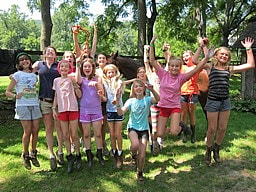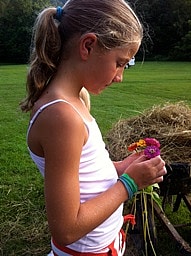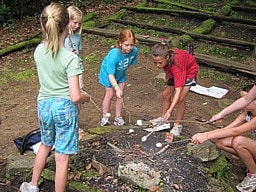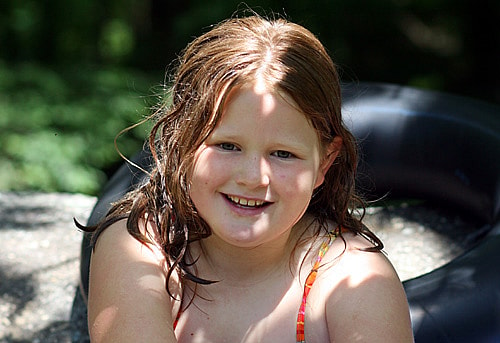Jeff’s most recent staff blog outlined the benefits of your job as a camp counselor on your long-term career. Instantly, you become a powerful tool in society. Simply put, you change the lives of today’s youth. When you’re a part of the so-called “camp world” that is so easy to understand. But once you find yourself attempting to enter the job market, so far away from candy break, lookout duty, fairy parties, and birthday night, how do you market your skills? How do you translate the responsibilities of camp life into tangible, meaningful statements on your resume?
Chris Thurber’s recent article, Writing Camp Jobs On A Resume, delineates, in three main points, how to promote your summer leadership experience to your potential employer. First, he argues, you must “reverse the curse.” The world is well-versed on the camp image portrayed by Hollywood; food fights, panty raids, crazy teen partying. We all know this portrayal is the farthest thing from the truth. Now convince your perspective employer of this. Own your title and make it clear what your exact role was at camp. “Division Leader for the Youngest Girls” is far more comprehensible than “Junior Linehead.”
Once you’ve established a clear title on your resume you should effectively describe your role at camp. According to Thurber, it’s all about wording. “A front-line camp counselor has either ‘Got kids from one activity to another, and made sure the kids weren’t bullying each other’ or ‘Led children and teens through a creative sequence of challenging activities’ and ‘Responded decisively to misbehavior and social conflict by implementing collaborative problem-solving, logistical consequences, and one-on-one counseling.'” The latter fairly and accurately showcases your responsibilities while at camp.
To situate your time at camp in the realm of distinguished, competitive experiences, rather than just a “summer job”, you must communicate about yourself as a professional. As Thurber asserts “No responsibility rivals that of caring for children.” If you wish for others to take you seriously, you must first take yourself seriously. Recognize your value in society and clearly illustrate your success to others.
I cannot wait to see our Rockbrook counselors leading multimillion dollar litigation cases, discovering a cure for cancer, and continuing to change the world well beyond our wooded mountain.

